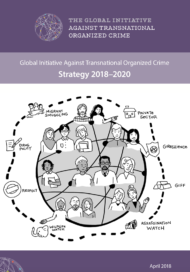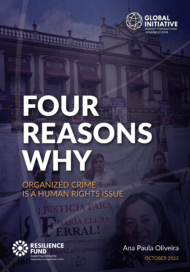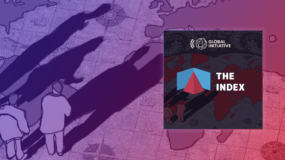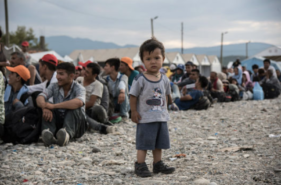Posted on 04 May 2018
The challenges posed by transnational organized crime and its negative impacts are increasingly being understood. And, all the while, new challenges are emerging. However, responses have not been commensurate or innovative enough. This is where GI has its niche and opportunity, which this strategy seeks to exploit.
The purpose of this document is to lay out briefly and clearly both the overall strategic objectives for the GI and the organization’s most significant work streams for the forthcoming three-year period of 2018 to 2020.
If the strategic objectives for the period 2015 to 2017 were to establish an effective and reputable organization, those for the next three years will focus on consolidating the growth and impact of the organization. This includes diversifying the GI’s engagement, while continuing to ensure that the Initiative is recognized and respected as a truly global and cross-disciplinary platform to respond to organized crime.
This includes diversifying the GI’s engagement, while continuing to ensure that the Initiative is recognized and respected as a truly global and cross-disciplinary platform to respond to organized crime.
The strategic objectives for the next three years will therefore be as follows:
- To generate, analyze and publish value-adding information on organized crime by leveraging on a strong network of global partners and organized-crime ‘observatories’.
- To continue to grow the GI Network of Experts and draw effectively on their access, input and influence.
- To build a well-managed and well-funded organization with a global reach and a committed, professional, expert and representative staff complement.
- To promote engagements, debate and discussion on effective policy responses to organized crime that cross-cut and cross-fertilize thematic and country expertise.
- To develop and implement innovative, field-based pilot response programmes.




